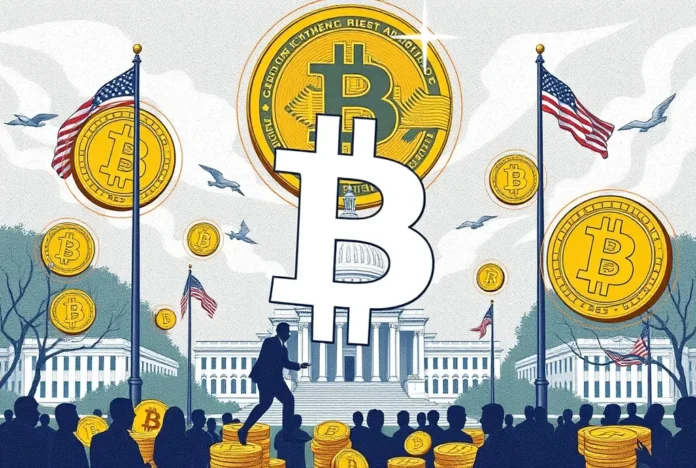In today’s fast-paced world, legacy media faces growing challenges. Platforms like Elon Musk’s X (formerly Twitter) are changing how news is consumed. With real-time updates, X delivers information faster than traditional outlets. This shift raises questions: Is legacy media still relevant?
Speed and Accessibility
X allows users to get live updates in seconds. People no longer wait for formal reports from traditional media. Instead, they access raw information directly from the source. This immediacy gives X a clear advantage. Traditional outlets struggle to compete with such speed.

Direct Communication
One of X’s biggest impacts is how it enables direct communication. Politicians, celebrities, and companies can speak to the public without relying on journalists. During election cycles, this trend becomes even more apparent. Candidates bypass the media and connect with voters on platforms like X.
Media Bias and Trust
Legacy media often faces accusations of bias. This issue is especially noticeable during politically charged events, like U.S. elections. Meanwhile, X users have access to a wide range of perspectives. Many people now prefer to form their own opinions, rather than relying on a single source.
Misinformation and Accuracy
While X delivers news faster, it also spreads misinformation. Legacy outlets, though slower, uphold editorial standards and fact-checking processes. The challenge for traditional media is to correct false information in a world where speed often outweighs accuracy.
Economic Pressures
Financially, legacy media struggles as advertisers shift to digital platforms. Outlets rely on paywalls and subscriptions to survive. However, this makes them less accessible. Platforms like X, on the other hand, offer advertisers better reach and more targeted campaigns.
Rounding Up
The future of news will likely involve both legacy media and platforms like X. While X dominates real-time updates, traditional media can still provide depth and analysis. Legacy media is evolving, but it must continue adapting to survive in this rapidly changing landscape.



